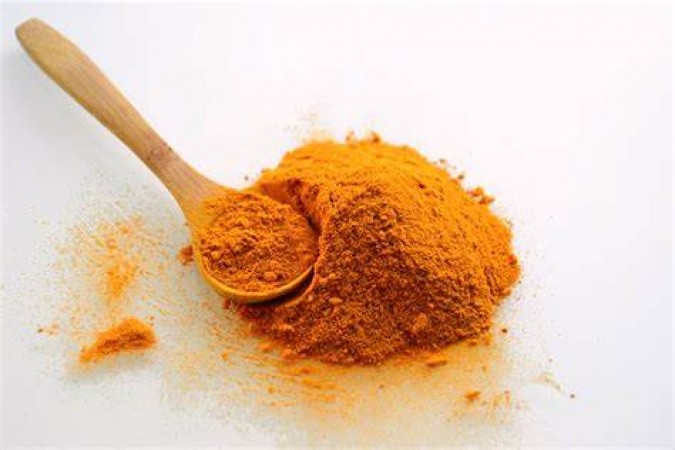Turmeric is a natural remedy that has gained popularity for its potential anti-inflammatory properties. It contains an active compound called curcumin, known for its ability to reduce inflammation. Here, we'll explore the recommended daily dosage of turmeric for managing inflammation effectively.
Turmeric Dosage: General Guidelines
The optimal dosage of turmeric can vary depending on factors such as an individual's age, weight, and overall health. However, there are some general guidelines to consider:
1. Daily Recommended Dosage
- For general health maintenance and preventive purposes, a daily dosage of 500-2,000 milligrams (mg) of turmeric extract containing 95% curcumin is often suggested.
2. Managing Inflammation
- When specifically targeting inflammation, a higher dosage of 1,000-3,000 mg of turmeric extract with 95% curcumin may be recommended.
3. Turmeric from Diet
- Incorporating turmeric into your diet through dishes like curries or by drinking turmeric tea can also provide benefits. However, it's challenging to determine the exact curcumin content from dietary sources.
Factors Affecting Dosage
Several factors can influence the appropriate turmeric dosage:
1. Bioavailability
- Curcumin's bioavailability is relatively low when consumed alone. Pairing it with piperine (found in black pepper) can enhance absorption.
2. Health Conditions
- Individuals with specific health conditions may require higher doses. Consulting a healthcare provider is essential, especially if you have chronic inflammatory conditions like arthritis.
3. Precautions
- Turmeric supplements can interact with medications or cause digestive discomfort in some individuals. Consulting a healthcare professional before starting a new supplement regimen is crucial.
Potential Side Effects
While turmeric is generally safe when consumed within recommended dosages, some people may experience side effects, including:
- Digestive Issues: Turmeric can cause gastrointestinal discomfort, especially when taken in high doses.
- Interactions: Turmeric supplements may interact with blood-thinning medications and diabetes drugs. Consult a healthcare provider if you are on these medications.
- Allergies: Rarely, individuals may be allergic to turmeric.
Turmeric, with its active compound curcumin, has the potential to reduce inflammation. However, determining the exact dosage depends on individual factors. It's advisable to consult a healthcare provider before adding turmeric supplements to your daily routine, especially if you have specific health concerns. Remember that turmeric should be part of a holistic approach to managing inflammation, including a healthy diet and lifestyle.
Thyroid Health: 7 Foods for Hypothyroidism
Infant Vomiting: Understanding the Causes and Promoting Healthy Feeding Habits
Healthy Life: 5 Unexpected Advantages of Eating Dates Every Morning
